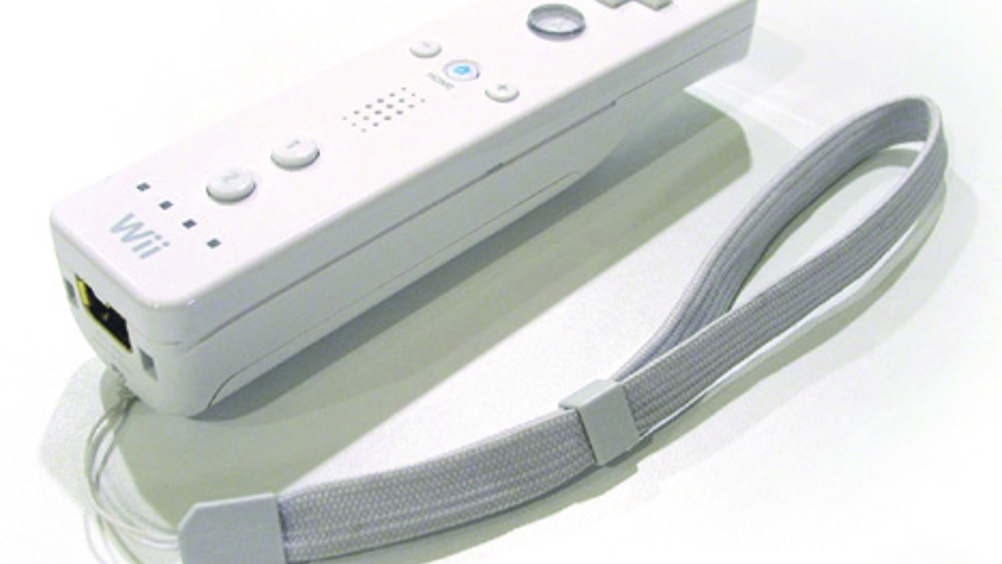Motion sensors to aid stroke victim treatment
Many stroke survivors who have lost the ability to communicate verbally and physically could re-learn subtle gestures people use to indicate words with the help of motion sensing technologies such as those used in the Wii console.

This is the concept behind a £300,000 EPSRC-backed research programme involving experts in human-computer interaction design (HCID) and language communication at City University London. The ultimate goal will be easing the rehabilitation of people with aphasia – a language impairment commonly caused by a stroke that affects around 250,000 people in the UK.
The 18-month project known as Gesture Recognition in Aphasia Therapy (GReAT) – is also receiving support from The Stroke Association.
Dr Julia Galliers, a lecturer in HCID at City University London, said patients who suffer with aphasia have traditionally only been given the option of undergoing costly and time-intensive one-on-one sessions with therapists to learn gestures that are readily interpreted by others.
Galliers said an example of such a gesture may be looking at your wrist to indicate time.
‘That kind of link is lost with people who have aphasia,’ she said, adding that re-learning these gestures can be more complicated for patients with stroke-related disabilities such as one-sided paralysis and cognitive impairment.
Register now to continue reading
Thanks for visiting The Engineer. You’ve now reached your monthly limit of news stories. Register for free to unlock unlimited access to all of our news coverage, as well as premium content including opinion, in-depth features and special reports.
Benefits of registering
-
In-depth insights and coverage of key emerging trends
-
Unrestricted access to special reports throughout the year
-
Daily technology news delivered straight to your inbox










Water Sector Talent Exodus Could Cripple The Sector
Maybe if things are essential for the running of a country and we want to pay a fair price we should be running these utilities on a not for profit...